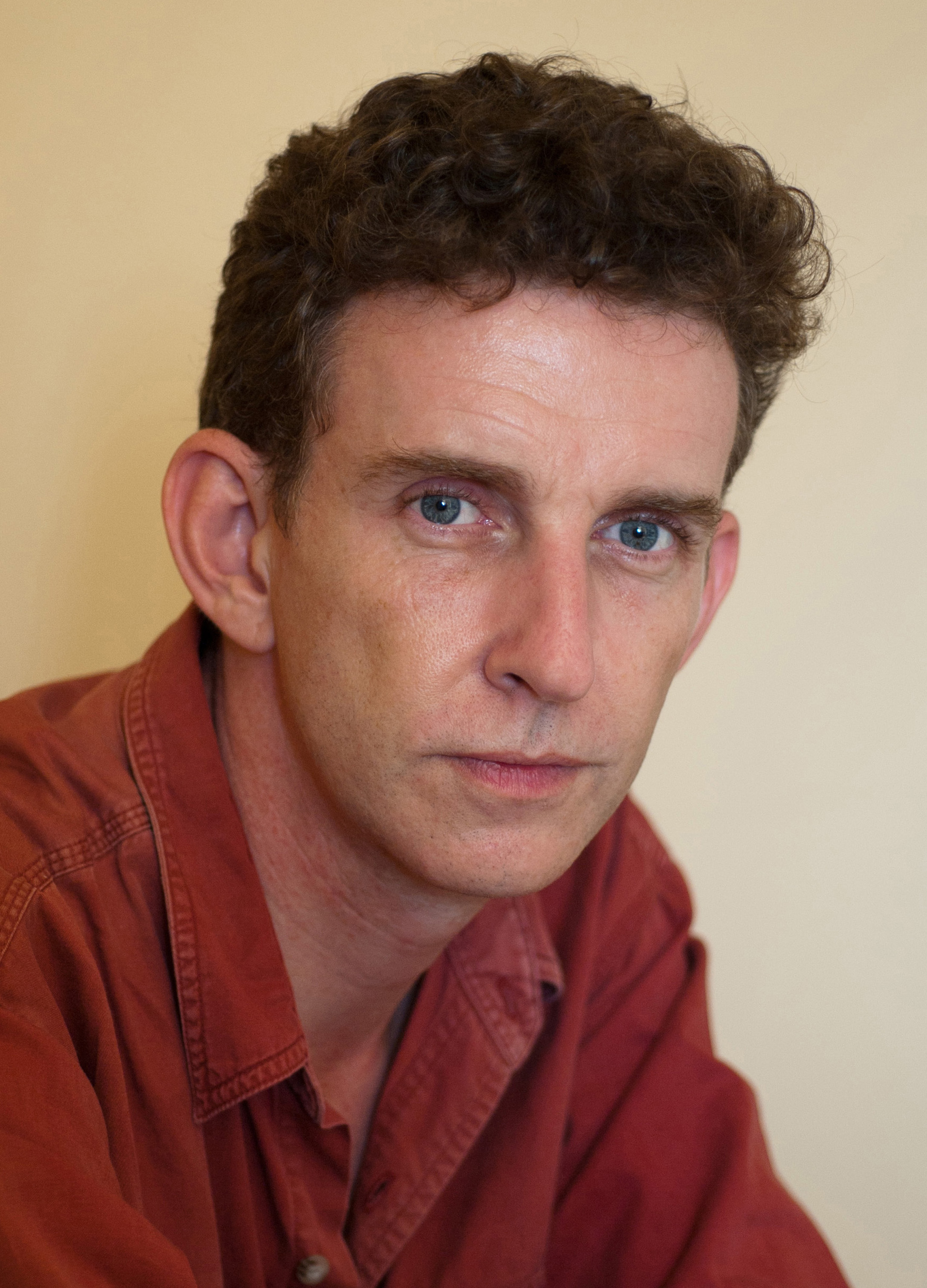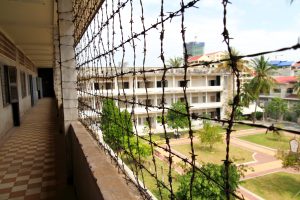Nic Dunlop ranks among the best and most prominent photographers in Southeast Asia and he was the first journalist to track down and interview the former Khmer Rouge commandant from the S-21 extermination camp that operated in Cambodia under Pol Pot.
Armed with a Khmer Rouge-issued photograph of Kaing Guek Eav, also known as Duch, Dunlop discovered the mass-murderer while venturing into Cambodia’s remote northwest as the 30-year civil war ebbed in the late 1990s.

Irish photojournalist Nic Dunlop. (Photo supplied)
As a result of that interview, Duch was convicted of crimes against humanity and the deaths of around 12,000 people. He died behind bars after a trial that established a legal framework that would result in the genocide convictions that followed.
Dunlop believes in the language of photography but like many of his peers, the Irishman is increasingly annoyed by the state of press photography and where it is going.
He recently penned an article for Light Rocket in which he sharply criticized the judging and the standards of many entrants at this year’s World Press Photo awards.
The Diplomat’s Luke Hunt spoke with Dunlop from his home in Bangkok about deteriorating industry standards and what exactly ‘the press’ means anymore. He also talks about how Duch found him and the importance of photography amid dissenting voices.
Dunlop’s photographs have appeared in leading publications worldwide and he has written for many more. He has judged the Press Photographers Year competition in London and received an award from the Johns Hopkins University for Excellence in International Journalism.
He is also the author of “The Lost Executioner” and “Brave New Burma” and is currently working on a book and exhibition about conflict, land, and identity centered on a forgotten Irish battlefield where Dunlop began taking photographs as a boy.

































